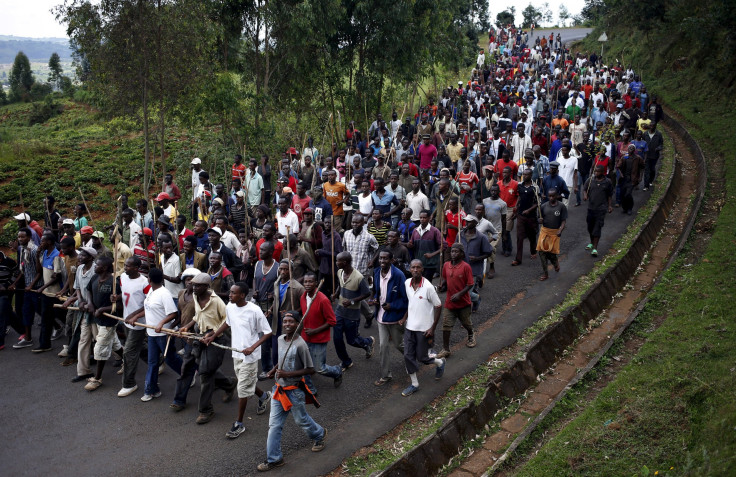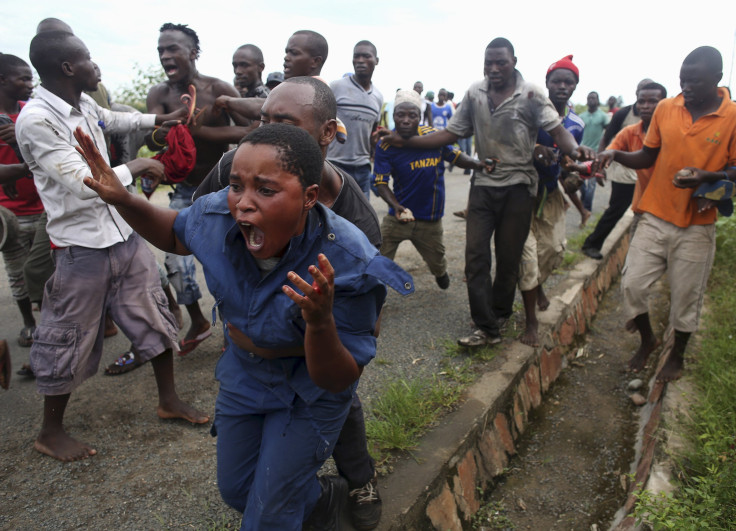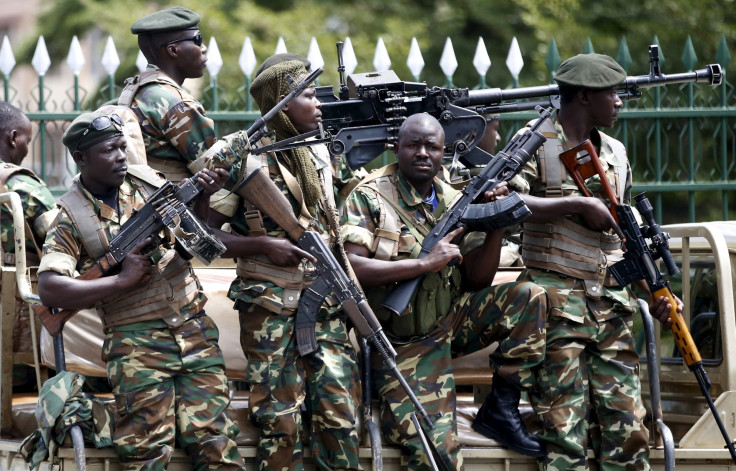Burundi Postpones Elections After Pressure From International Community As Protests Continue

Officials in Burundi have decided to delay federal elections after pressure from the international community. Since current President Pierre Nkurunziza announced in April plans to run for a controversial third term, the country’s capital city Bujumbura has been rocked by deadly protests and a failed coup.
The parliamentary and presidential elections were scheduled to take place this month. Now, elections will be held by Aug. 26, when Nkurunziza’s term officially ends, Pierre Claver Ndayicariye, president of the electoral commission, said on state television Wednesday, according to Reuters.
Nkurunziza, 51, is a former rebel leader and head of the National Council for the Defense of Democracy (CNDD-FDD) ruling party. He lost popular support after seeking a third term despite the fact that the country’s constitution, based on the 2005 Arusha Agreement that ended a bloody civil war, allows for a maximum of two five-year terms.
Nkurunziza has argued that he should be allowed to have another term because in 2005 he was elected by parliament, not voters themselves. While the country’s constitutional court approved the run, one of its top judges had earlier fled the country after he reportedly received threats.

More than 20 people have died and hundreds have been arrested during the failed coup attempt by former Gen. Godefroid Niyombare and ongoing protests, which intensified after the May 23 killing of opposition leader Zedi Feruzi. Government forces have also been cracking down on local media, leaving many reporters fearing for their lives.
“We are calling for democracy and not for a dictatorship,” opposition leader Agathon Rwasa told BBC, imploring the international community to get involved.
Last week, regional leaders and policymakers met in Dar es Salaam, in Tanzania, to discuss the situation. After the summit they called together for an end to violence and a delay in elections.

“The summit, concerned at the impasse in Burundi, strongly calls for a long postponement of the elections not less than a month than a half,” the East African Community (EAC) said in a statement on Sunday. The leaders also called on “all parties to stop violence,” and disarm the youth groups, such as the Imbonerakure, who are aligned with the ruling party and have been blamed for much of the violence.
United States officials have also condemned the situation and urged Burundi’s leadership to change tactics.
“Violence and militias have no place in the democratic process,” the U.S. State Department said in a recent statement. “A peaceful political resolution remains the best option for Burundi and its people, and the United States urges all stakeholders to participate in good faith in the consultative political dialogue.”
© Copyright IBTimes 2024. All rights reserved.












